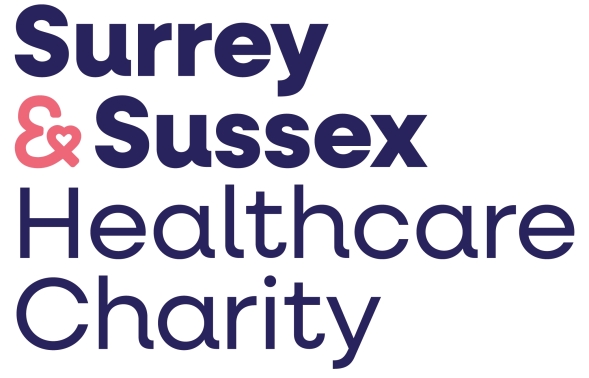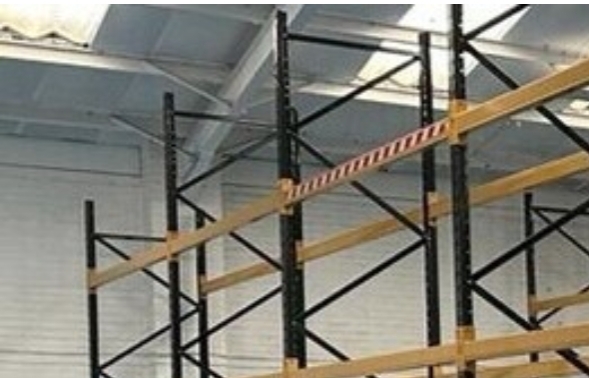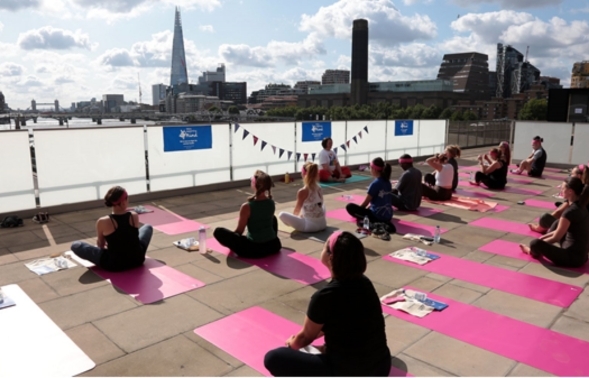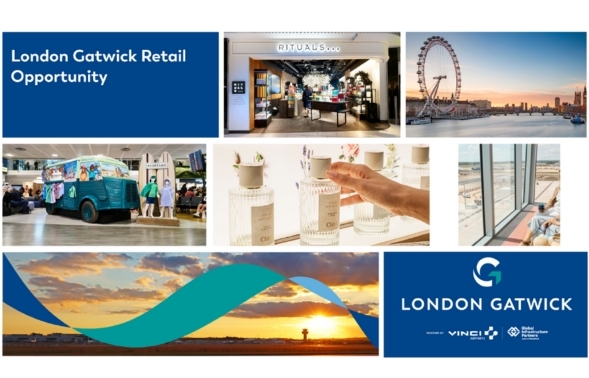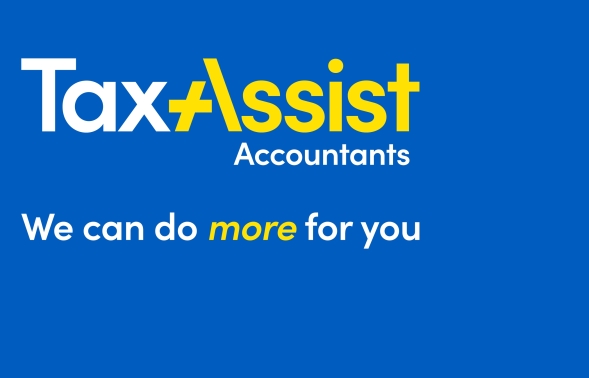The government's Coronavirus Job Retention Scheme will remain open until the end of October, the Chancellor announced today.
Rishi Sunak told Parliament the furlough scheme would be extended by a further four months with workers continuing to receive 80% of their current salary. However, from the start of August, furloughed workers will be able to return to work part-time with employers expected to pay a percentage towards the salaries of their furloughed staff.
Mr Sunak said: "Our Coronavirus Job Retention Scheme has protected millions of jobs and businesses across the UK during the outbreak - and I've been clear that I want to avoid a cliff edge and get people back to work in a measured way.
"This extension and the changes we are making to the scheme will give flexibility to businesses while protecting the livelihoods of the British people and our future economic prospects."
The scheme will continue in its current form until the end of July and the changes to allow more flexibility will come in from the start of August. More specific details and information will be available before the end of the month.
Businesses broadly welcomed the announcement with the British Chambers of Commerce describing it as 'a huge relief for businesses across the UK.'
Mike Cherry, National Chairman of the Federation of Small Businesses, said: "The Job Retention Scheme is a lifeline which has been hugely beneficial in helping small employers keep their staff in work, and it's extension is welcome. Small employers have told us that part-time furloughing will help them recover from this crisis and it is welcome that new flexibility is announced today."
Employers who do not comply with 'COVID-secure' workplace guidance could face prosecution
Business Secretary Alok Sharma, speaking at today's Downing Street press conference, was joined by Sarah Albon, the chief executive of the Health and Safety Executive - which has been tasked with doing spot checks to make sure any businesses reopening are keeping staff safe.
He predicted there will be a "very, very small number of workplaces" where social distancing won't be followed safely, but said: "Employers have a duty to keep employees safe in the workplace."
Albon says in her experience of receiving complaints about unsafe working environments, often it is the firm not understanding the rules - not maliciously trying to avoid following standards. However she added if there was a serious breach, then it would be considered a criminal office. "We can prosecute people who fail to do the right thing," she said.
Government guidance released on working safely during COVID-19
The UK government, in consultation with industry, has produced 'COVID-19 secure' guidance to help ensure workplaces are as safe as possible.
The new guidance covers eight workplace settings which are allowed to be open, from outdoor environments and construction sites to factories and takeaways. This sets out practical steps for businesses focused on five key points, which should be implemented as soon as it is practical:
1. Work from home, if you can
2. Carry out a COVID-19 risk assessment, in consultation with workers or trade unions
3. Maintain two metres social distancing, wherever possible
4. Where people cannot be two metres apart, manage transmission risk
5. Reinforcing cleaning processes
The eight guides cover a range of different types of work. Many businesses operate more than one type of workplace, such as an office, factory and fleet of vehicles. You may need to use more than one of these guides as you think through what you need to do to keep employees safe.
- Construction and other outdoor work - Guidance for people who work in or run outdoor working environments.
- Factories, plants and warehouses - Guidance for people who work in or run factories, plants and warehouses
- Homes - Guidance for people working in, visiting or delivering to home environments as well as their employers
- Labs and research facilities - Guidance for people who work in or run indoor labs and research facilities and similar environments
- Offices and contact centres - Guidance for people who work in or run offices, contact centres and similar indoor environments
- Restaurants offering takeaway or delivery - Guidance for people who work in or run restaurants offering takeaway or delivery services.
- Shops and branches - Guidance for people who work in or run shops, branches, stores or similar environments.
- Vehicles - Guidance for people who work in or from vehicles, including couriers, mobile workers, lorry drivers, on-site transit and work vehicles, field forces and similar.
New guidance for Safer Travel and Safer Transport Operations
New guidance published today provides advice on how passengers should make journeys safely, following the publication of the government's roadmap for the next phase of the pandemic.
It urges people to consider cycling, walking or driving to help ensure there is enough capacity for those who need to travel on public transport to do so safely.
The advice sets out that if people who cannot work from home and have to travel for work, they should first consider alternatives to public transport. Those driving their own cars have been asked to avoid busy areas.
Transport Secretary Grant Shapps said: "Transport operators and staff have been working hard to ensure that people who need to get to work are able to do so, including crucial NHS workers and all those on the frontline of the fight against the virus.
"Alongside the cycling and walking revolution we are launching, and clear guidance to passengers and operators published today, we can all play our part by following the advice and reducing pressure on public transport.
"If we take these steps, all those who need to use public transport should feel confident that they can do so safely, with the space to maintain social distancing as far as possible."
Train operators have advised customers to continue to check timetables as they continue to accommodate infrastructure improvement work and may also add further services in the light of changes to government guidance.
Coronavirus (COVID-19): safer transport guidance for operators - This guide will help businesses, agencies and others understand how to provide safer workplaces and services for themselves, their workers and passengers across all modes of private and public transport. It outlines measures to assess and address the risks of coronavirus in the transport sector across England.
Guidance for passengers on how to travel safely - This guidance provides advice on how passengers should make journeys safely. The advice sets out that if people who cannot work from home and have to travel for work, they should first consider alternatives to public transport. Those driving their own cars have been asked to avoid busy areas. For those who have to use public transport, the guidance recommends:
- Keeping two metres apart wherever possible;
- Wearing a face covering if you can;
- Using contactless payment where possible;
- Avoiding rush hour travel where feasible;
- Washing or sanitising your hands as soon as possible before and after travel;
- Following advice from staff and being considerate to others.
All the latest guidance for people using transport or working in the transport sector during the coronavirus outbreak can be found here.
Next steps for the phased wider opening of educational and childcare settings
- Updated information for parents and carers about the wider opening to nurseries, schools and colleges from 1 June is now available.
- Guidance is available on how educational and childcare settings should prepare for wider opening from 1 June 2020, including information on year groups in first phase of wider opening, the latest science, and managing risk and rate of transmission of coronavirus.
- All the latest guidance and advice about coronavirus in educational settings for staff, parents and carers, pupils and students is available here.

